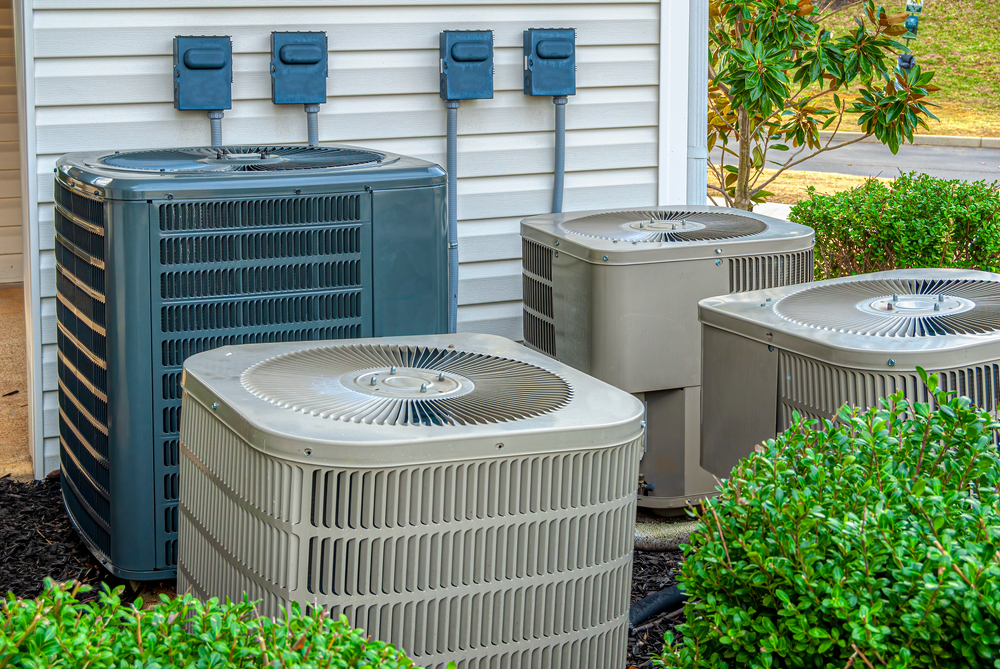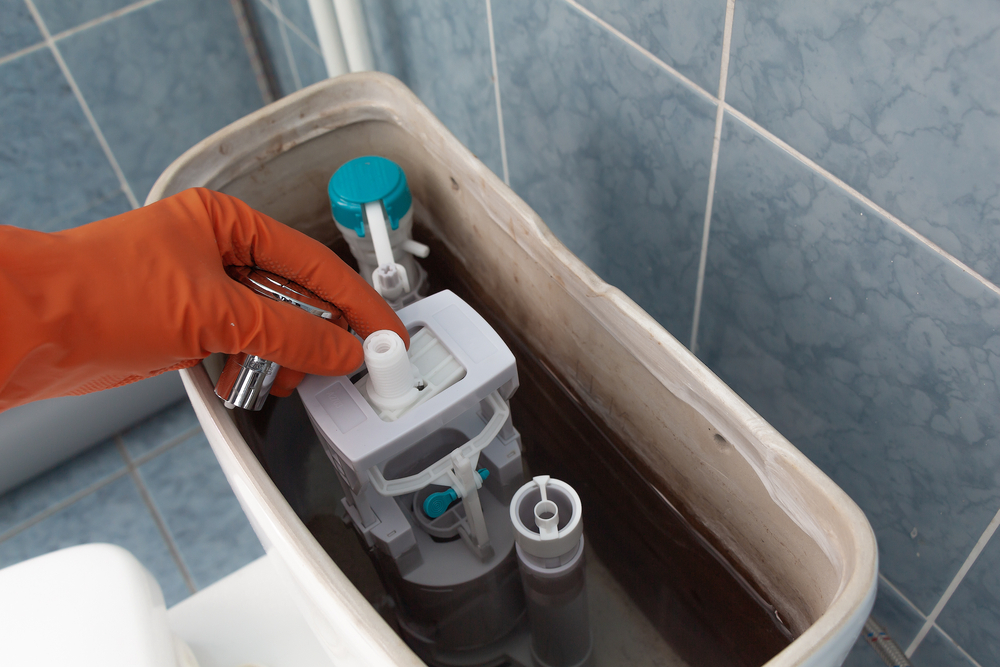What HVAC Brands Does Trane Carry?
When it comes to heating, ventilation, and air conditioning (HVAC) systems, choosing a reliable and reputable brand is crucial for ensuring comfort, energy efficiency, and indoor air quality. Trane, a leading provider of HVAC solutions, has built a strong reputation for its innovative and high-quality products. In this blog, we will explore the various HVAC brands carried by Trane, providing valuable insights to make an informed decision for your HVAC needs.
Trane: A Trusted Name in the HVAC Industry
Trane, founded over a century ago, has become synonymous with innovation, reliability, and efficiency in the HVAC industry. Known for its cutting-edge technologies, durable components, and energy-efficient solutions, Trane offers a wide range of HVAC brands that cater to different residential and commercial needs. Let’s delve into some of the top brands offered by Trane.
1. Trane HVAC Systems
Trane’s own line of HVAC systems is renowned for its performance, durability, and energy efficiency. Trane offers a diverse range of systems, including air conditioners, heat pumps, furnaces, air handlers, and packaged units. These systems feature advanced technologies such as variable speed compressors, smart thermostats, and zoning options, ensuring precise temperature control and optimal comfort while minimizing energy consumption.
2. American Standard
As a subsidiary of Trane, American Standard is a prominent HVAC brand committed to quality, performance, and innovation. American Standard focuses on delivering exceptional comfort, energy savings, and indoor air quality with a wide variety of HVAC products, including air conditioners, heat pumps, furnaces, and air handlers. They also offer an array of smart home solutions that seamlessly integrate with modern technology.
3. Mitsubishi Electric
Trane partners with Mitsubishi Electric to bring their high-quality ductless mini-split systems to customers seeking zoned temperature control and enhanced energy efficiency. Mitsubishi Electric ductless systems are known for their sleek design, whisper-quiet operation, and precise temperature control in individual spaces. These systems provide excellent heating and cooling solutions for additions, converted spaces, and areas with no ductwork.
4. Lennox
In addition to its proprietary brands, Trane also carries Lennox products. Lennox, a renowned name in the HVAC industry, offers a comprehensive range of air conditioners, heat pumps, furnaces, and air handlers. With a focus on energy efficiency and innovation, Lennox systems are designed to provide optimal comfort, noise control, and indoor air quality while reducing energy costs.
5. Carrier
Trane’s portfolio includes Carrier products, a brand recognized globally for its innovative cooling and heating solutions. Carrier’s product line encompasses energy-efficient air conditioners, heat pumps, furnaces, and air handlers, delivering exceptional performance and durability. With advanced features such as variable-speed technology and smart thermostat compatibility, Carrier systems provide precise temperature control and enhanced energy savings.
6. Rheem
Another HVAC brand Trane carries is Rheem, known for its reliable and efficient heating and cooling solutions. Rheem offers a wide range of air conditioners, heat pumps, furnaces, and air handlers that promote energy efficiency, quiet operation, and long-lasting performance. These systems are designed to provide year-round comfort while reducing environmental impact and utility costs.
7. Honeywell
Trane includes Honeywell products in its lineup, offering customers smart and integrated solutions for home comfort. Honeywell provides a range of thermostats, air filters, and zoning systems that complement Trane and other HVAC brands. With Honeywell products, you can optimize energy usage, monitor air quality, and control your HVAC system conveniently from your smartphone or tablet.
Schedule a Service with PlumbSmart Today
Trane, a leader in the HVAC industry, offers a comprehensive selection of HVAC brands that cater to diverse customer needs. From their own Trane systems to partnerships with reputable brands like American Standard, Mitsubishi Electric, Lennox, Carrier, Rheem, and Honeywell, Trane ensures that customers have access to top-quality, energy-efficient, and reliable solutions for their heating, ventilation, and air conditioning requirements.
At PlumbSmart, we take pride in partnering with Trane to bring you exceptional HVAC systems and services. Contact us today to discuss your HVAC needs, schedule a consultation, or learn more about Trane’s wide range of HVAC brands. Trust PlumbSmart and Trane for all your HVAC needs – we are here to ensure your comfort and satisfaction!



